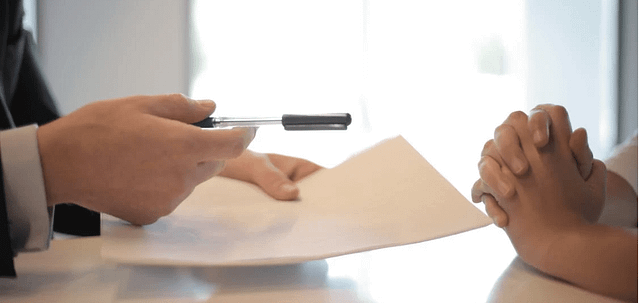If you’re a business owner, there’s a good chance you’ll eventually need to serve subpoenas. This legal document compels individuals or organizations to provide testimony or produce evidence for a court case.
If you’re unfamiliar with serving subpoenas, don’t worry; we’re here to help. We will discuss the legal tips you need to consider when serving subpoenas.
What Is a Subpoena and What Are Its Purposes?

There is more than one kind of subpoenas. They include a subpoena ad testificandum and a subpoena duces tecum. A subpoena ad testificandum requires an individual to appear in court or provide testimony at a deposition. A subpoena duces tecum requires an individual or organization to provide certain documents.
Who Can Serve a Subpoena and How Is It Done Properly?
Now that you know the ins and outs of a subpoena, you may be wondering who can serve one. The process may differ depending on the state in which you live, but typically, anyone over 18 who is not involved in the case can serve subpoenas. This person is generally referred to as a “process server.”
There are also specific rules that process servers must follow when serving a subpoena. For example, they must generally deliver the subpoena to the individual in person. In some cases, however, it may be possible to serve the subpoena by mail or email.
It’s important to note that process servers cannot simply show up at someone’s door and hand them a subpoena. If you’re served with a subpoena, you should always ask to see the process server’s identification to ensure they are legitimate.
It would help if you also read the subpoena carefully before signing it. You essentially agree to appear in court or provide the requested documents by signing. If you have questions about the subpoena, be sure to speak with an attorney before signing.
What Should You Do if You Receive a Subpoena?
So, what do you do if you are served with a subpoena or receive one in the mail? First, don’t ignore it. A failure to respond to a subpoena can have serious consequences, including contempt of court charges, which can result in fines and even jail time.
Second, understand what type of subpoena you have been served with. A subpoena ad testificandum requires you to appear in court or at a deposition to testify about what you know. A subpoena duces tecum requires you to bring documents or other physical evidence to court or deposition. With all subpoenas, you must provide your name, address, and telephone number to the person who served you with the subpoena.
You should contact an attorney if you have been served with a subpoena ad testificandum. An attorney can help you understand what is being asked of you and prepare you for your testimony. You should also contact an attorney if you have been served with a subpoena duces tecum.
A Lawyer can help you determine whether the documents or other physical evidence that have been requested are relevant to the case and whether you are required to provide them. An attorney can also help you protect any privileged information that may be contained in the documents or other physical evidence.
So, there you have it; three legal tips to keep in mind when serving subpoenas. Of course, this is not an exhaustive list, but it should give you a good starting point. As always, if you have any questions or need assistance, be sure to consult with an experienced attorney.







